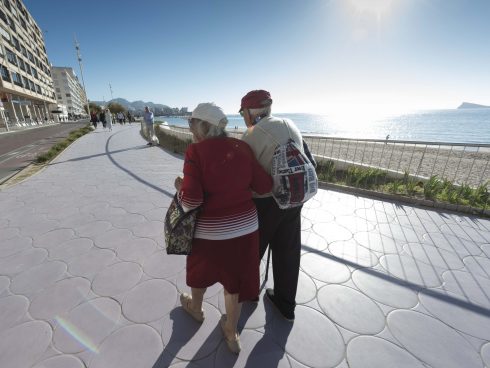NOW that schools have returned to some sort of normality following the pandemic, the debate on school hours in Spain is set to reignite.
Figures gathered before the start of the pandemic showed a student at a Spanish high school received an average of 1,045 hours of class time a year.
This was in sharp contrast to the mere 808 hours given to a pupil in Finland.

But those extra hours did not translate into attainment – Spanish students scored considerably worse than their Finnish counterparts when scored on the Program for International Student Assessment (PISA) test, according to the OECD.
The study ranked Spain in the middle for academic attainment, while Finland was an international leader.
Sweden, Norway and Japan also had substantially fewer class hours than Spain, yet were amongst the top placed nations when it came to academic achievement.
As well as having more class hours than the EU average of 893, Spain also had more lessons in language, mathematics and foreign languages.

Raimundo de los Reyes, the head of FEDADI, the federation that brings together the leaders of public secondary schools, believes students in Spain study for too many hours – six hours in class plus three or four hours on homework, projects and other school activities. “That is longer than the working day of many employees.”
“I would do away with 10 hours if in exchange we had fewer students in the classroom and could give them more personalized attention. We need resources, more assistant teachers, and to give more time for teachers to prepare all classes, not just the ones in English,” he added.
READ MORE:
- Anti-vaxxers thought to be behind bomb threat at school in Spain’s Tenerife
- SCHOOLGIRL FOUND DEAD IN SPAIN: Body is found in storage just 24 hours after 17-year-old reported missing
- Children will no longer have to wear a face mask in the school playground as of this Thursday
Click here to read more Spain News from The Olive Press.








